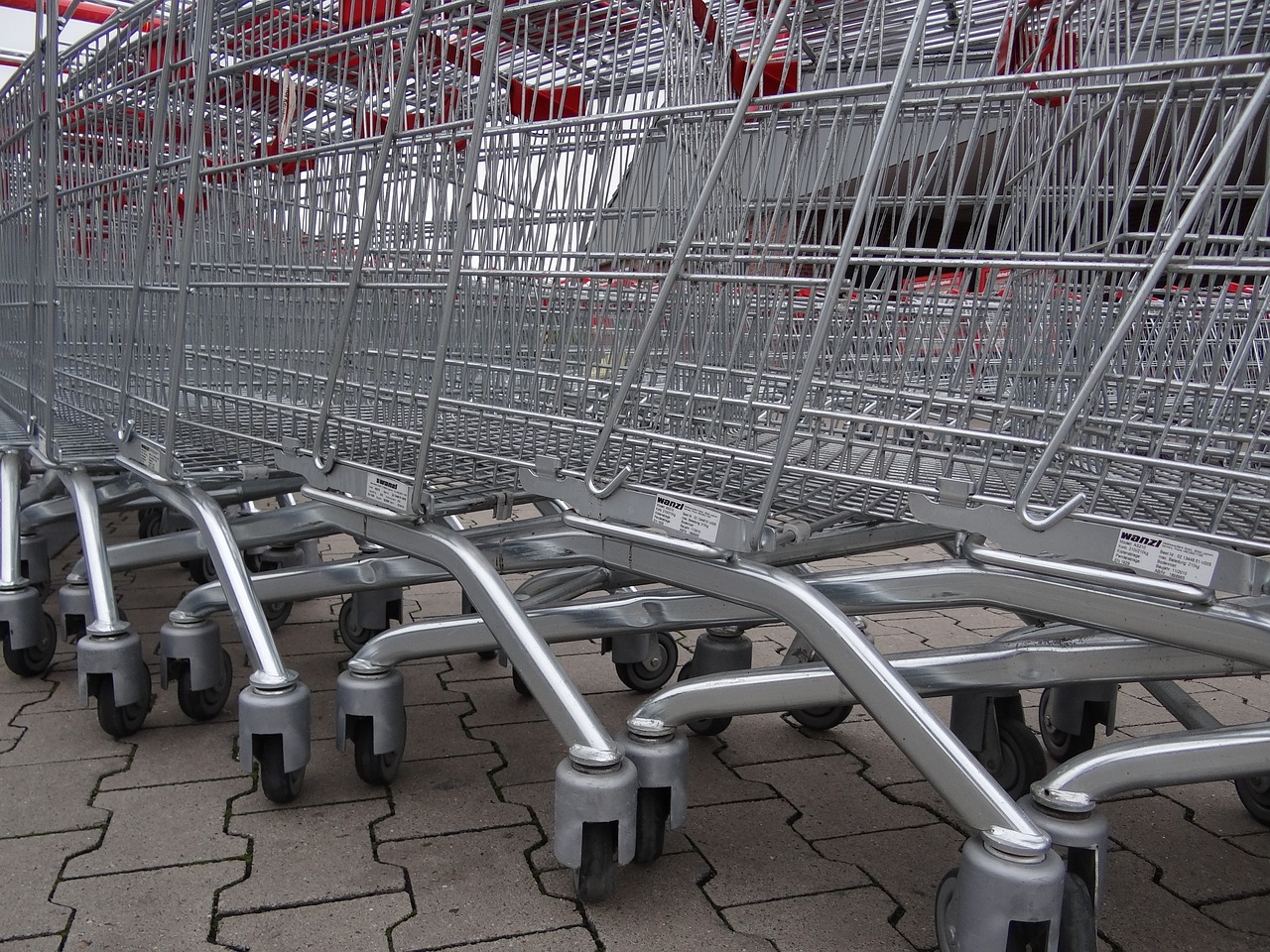The Role of Big Data in Predicting Consumer Behavior
Big data has become a crucial tool for businesses looking to understand and predict consumer behavior. With the vast amounts of data available today, companies can analyze patterns and trends to gain valuable insights into their target audience’s preferences and habits. By harnessing the power of big data, businesses can make more informed decisions, improve their marketing strategies, and ultimately increase their bottom line.
Understanding Big Data
Big data refers to the massive volumes of structured and unstructured data that organizations collect on a daily basis. This data can come from a variety of sources, such as social media platforms, customer transactions, website visits, and more. By analyzing this data using advanced analytics tools, businesses can uncover hidden patterns, correlations, and insights that can help them make better business decisions.
How Big Data Predicts Consumer Behavior
One of the key ways that big data can be used is to predict consumer behavior. By analyzing consumer data such as past purchases, browsing history, social media interactions, and demographic information, businesses can gain a deeper understanding of their target audience. This data can then be used to create more targeted marketing campaigns, personalized product recommendations, and tailored customer experiences.
For example, e-commerce companies can use big data to analyze buying patterns and preferences to predict what products a customer is likely to purchase next. This can help them send targeted promotional offers or recommendations to increase sales. Similarly, businesses can use social media data to understand how customers are interacting with their brand online and tailor their messaging accordingly.
Big data can also be used to track trends and patterns over time, allowing businesses to anticipate shifts in consumer behavior before they happen. This can be invaluable for businesses looking to stay ahead of the competition and adapt their marketing strategies to meet changing consumer preferences.
The Benefits of Predicting Consumer Behavior
There are numerous benefits to using big data to predict consumer behavior. Some of the key advantages include:
Improved Targeting
By analyzing consumer data, businesses can identify their target audience more effectively and tailor their marketing efforts accordingly. This can lead to higher conversion rates and increased sales.
Enhanced Customer Experience
By understanding their customers’ preferences and habits, businesses can create more personalized and engaging experiences that build customer loyalty and satisfaction.
Increased Revenue
By predicting consumer behavior and targeting customers with relevant offers, businesses can increase their sales and revenue. This can have a significant impact on their bottom line.
Challenges of Using Big Data for Predicting Consumer Behavior
While big data offers many benefits for businesses, there are also some challenges to consider. Some of the key challenges include:
Data Quality
One of the biggest challenges of using big data is ensuring that the data being analyzed is accurate and reliable. Poor data quality can lead to inaccurate predictions and flawed decision-making.
Privacy Concerns
With the increasing amount of data being collected on consumers, there are growing concerns about privacy and data security. Businesses must be transparent about how they are using consumer data and ensure that they comply with data protection regulations.
FAQs
What is big data?
Big data refers to the massive volumes of structured and unstructured data that organizations collect on a daily basis. This data can come from a variety of sources, such as social media platforms, customer transactions, website visits, and more.
How can businesses use big data to predict consumer behavior?
Businesses can use big data to analyze consumer data such as past purchases, browsing history, social media interactions, and demographic information. This data can then be used to create more targeted marketing campaigns, personalized product recommendations, and tailored customer experiences.
What are the benefits of predicting consumer behavior?
Some of the key benefits of predicting consumer behavior include improved targeting, enhanced customer experience, and increased revenue. By understanding their customers’ preferences and habits, businesses can create more personalized and engaging experiences that build customer loyalty and satisfaction.
Overall, big data plays a crucial role in predicting consumer behavior and helping businesses make more informed decisions. By harnessing the power of big data, businesses can gain valuable insights into their target audience and improve their marketing strategies to drive success.







